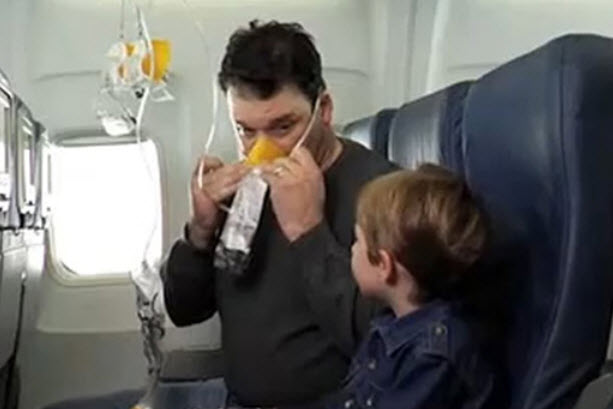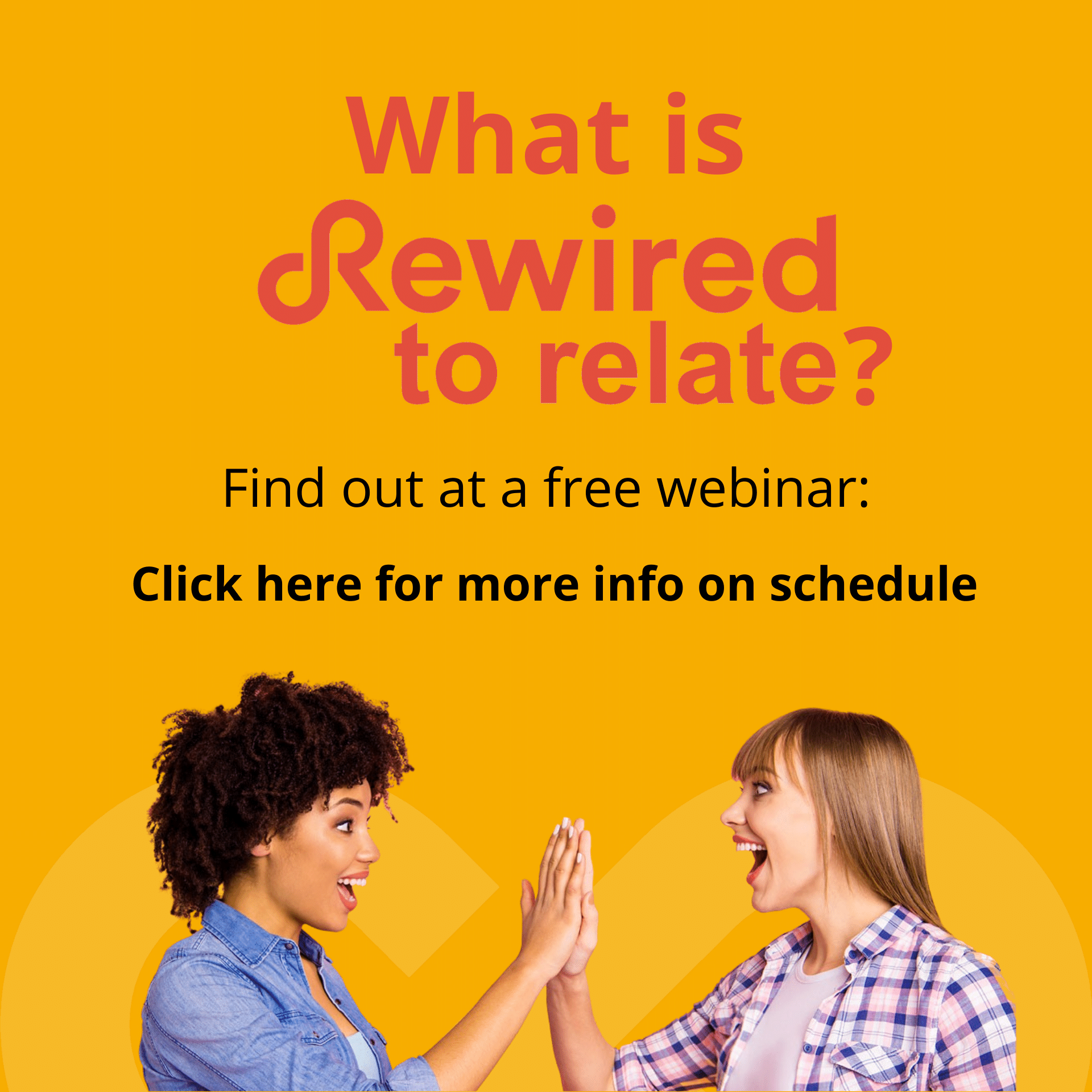
There is a reason we are asked to put on the oxygen mask before we help others.
When chaos, accidents or emergencies happen, it is easy to spring into action and try to help others as much as possible. Our instinctive response is ‘there must be something I can do for others’, but perhaps the best thing we can do is take care of ourselves first.
As atrocities unfold, it may feel frivolous or selfish to engage in your own self-care and wellbeing. But in fact, self-care may be more essential than ever when we are faced with distressing events in the world.
There’s no question that there are serious crimes against humanity happening. As we witness these events and feel deep compassion for the people involved, our emotional brain is activated: our bodies fill with cortisol, and we end up in a fight or flight mode or we freeze in the overwhelm of the incomprehensible. These states are not helpful – neither for the victims, nor for you.
This is precisely why we need to commit to self-care. High stress just diminishes our ability to think and act sensibly and will in turn limit our ability to contribute. If we want to respond constructively, we need to first tap into our best thinking brain – the executive brain function which will help us respond wisely.
Self-care and wellbeing practices help us do this; we allow ourselves the space for clarity and stop defaulting to fight or flight responses – more fighting doesn’t make things better. Nor will putting our head in the sand.
So, before you jump into action, knee-jerk responses, or rants on social media, support yourself to think clearly, to see a bigger picture, to grasp the complexity of what’s happening, understand a bit of history and the rise of authoritarianism in the world.
What can you do to support yourself first?
First, limit how much news you absorb. Watching news many hours a day, seeing the same scenes of displaced people or missile attacks over and over is not going to help the people in Ukraine. It will only stress you out and possibly send you into a land of overwhelm.
By all means, watch or read enough to get what’s going on. Then stop. Take a walk, do some exercise, meditate, or do yoga. Ensure that you sleep well because it is essential for your sanity. Take care of yourself in other ways as well, limit stressors (the world is so full of things to stress about!) and eat well rather than default to comfort food and drink.
Then look at how can you contribute
With a clear head and an informed point of view, ask yourself how you want to respond.
- Do you want to demonstrate?
- Donate money?
- Volunteer your time?
- Donate blood?
- Support a diplomatic approach?
- Listen and engage in meaningful conversations with others?
- Be active in politics to make sure that democracy survives in the face of rising authoritarianism?
Another option for action –perhaps a longer-term approach– would be to do some inner work. While this may feel challenging to recognise, all our brains have the capability to drive us to control and dominate. We also have the tendency to oversimplify problems, jump to conclusions and latch onto simplistic solutions that end up complicating matters.
Introspection can help us identify these tendencies and set them aside. It is this approach that will create a world in which we can all thrive. To enable this kind of deep work on ourselves and support our loved ones to do the same, we must start by putting on our own oxygen mask: so, first self-care, then reflection, then action.
Shooksvensen’s Rewired programmes are introspective journeys that help you identify your unhelpful internal tendencies and tame them. Rewired to Lead supports your leaders, the people who are most instrumental in creating your working culture, to consciously create working cultures where people and teams thrive in a healthy and collaborative environment.
What is Rewired to Relate

A unique programme built for the modern learner
Rewired to Relate goes straight to the heart of the matter: it reveals how the emotional brain drives most of our behaviour according to its needs and whims.
We have created a series of free webinars where you can:
– meet the creator of this programme, Lori Shook
– get a sample of Rewired to Relate
– learn some new skills about collaboration
– ask any questions you have
– learn if Rewired to Relate is right for you or your clients